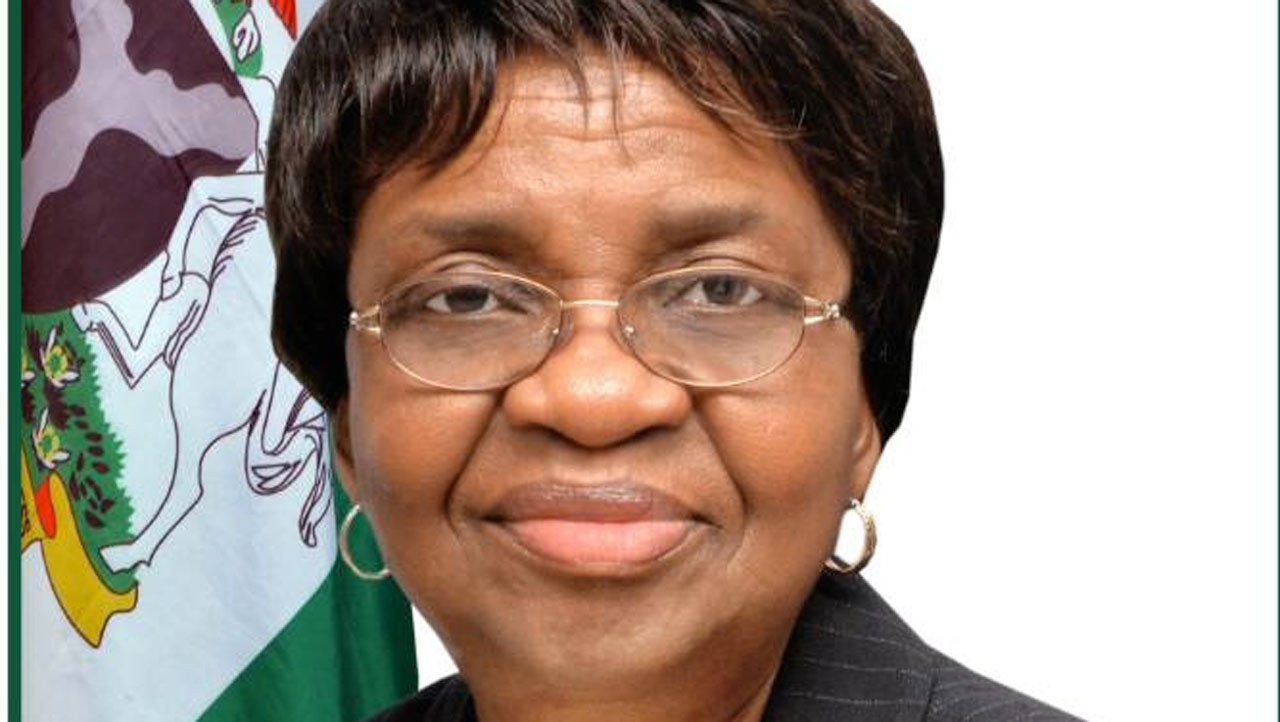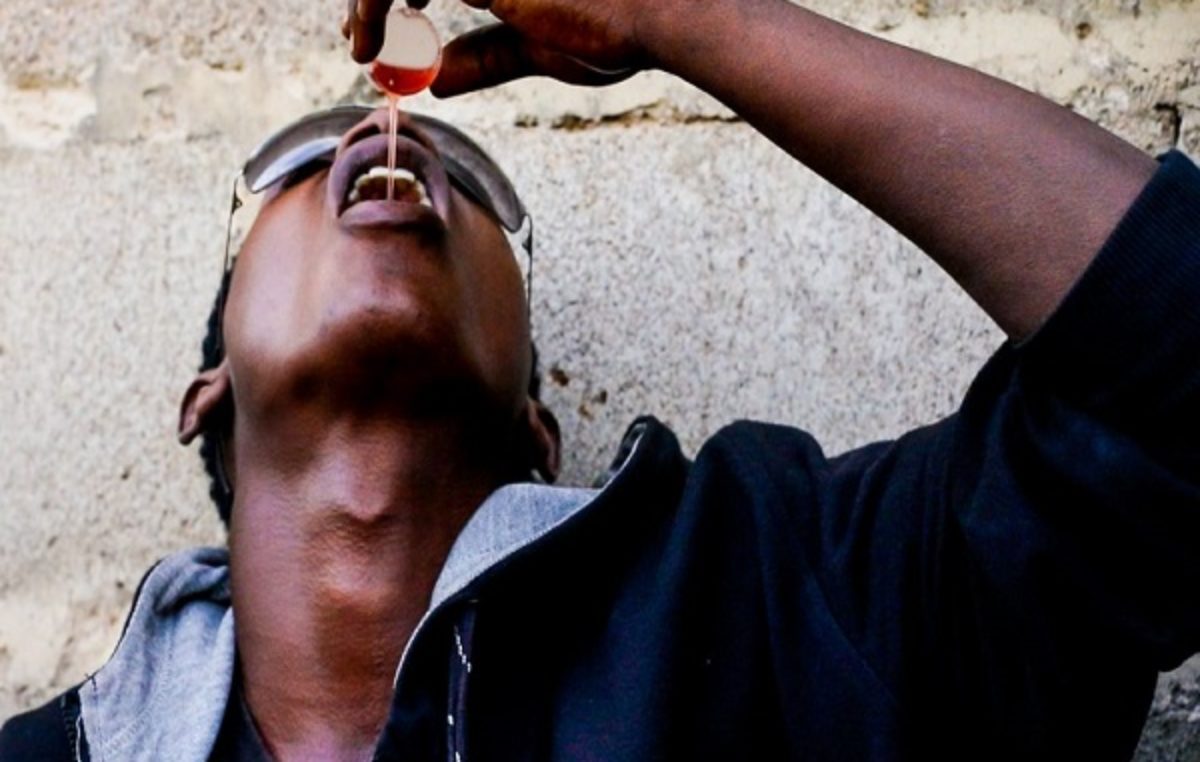Return Of NAFDAC To Ports, Borders Pay Off — Adeyeye
The return of the National Agency for Food and Drug Administration and Control (NAFDAC) to the nation’s Ports and borders in May 2018 after seven years of absence and heightened readiness and alertness of the Agency’s Ports Inspection Directorate has significantly enhanced activities involving the control of importation of drugs, food, chemicals, detergents, cosmetics, and packaged water.
As a result of the collaboration, a joint committee has been set up between the Agency and the Nigeria Customs Service, NCS.
Stating this in a statement entitled Reflection: NAFDAC’s return to the Ports and interception of Containers of Unregistered and Illicit Pharmaceutical Products” the Director General, NAFDAC, Prof Christianah Mojisola Adeyeye, stated that the return of NAFDAC to the Ports and the collaboration with the Nigeria Customs Service has paid off with several interceptions.
“The support from the Office of National Security Adviser, engagement with the Nigeria Customs Service (NCS), support from the Comptroller General and officers of the NCS, plus change in paradigm of the Agency to Customer-focused and Agency-minded have influenced positively the control at the ports and borders,” she noted.
Giving an insight into the collaborative efforts between the Agency and the NCS, Adeyeye said regulatory activities have been stepped up significantly at the Ports.
“Acting on intelligence reports in September 2018 and in collaboration with the NCS, NAFDAC monitored and intercepted 30 containers (between September and November) of unregistered pharmaceutical products that were destined for Nigeria.
“Prior to this time, 53 containers (in Lagos Ports) and nine (in Onne, Rivers State) of unregistered pharmaceuticals were intercepted with the support of the Nigeria Customs Service.
“Of these latter containers, some have been examined while some are still waiting for examination.” Expressing appreciation, Adeyeye acknowledged the NCS under the leadership of the Comptroller General, Col. Hammed Ibrahim Ali (Rtd) for renewed and consistent support and collaboration to the Agency.
“Upon receipt of my letter on the intelligence report about these containers, the Comptroller General gave directives that led to the interception of these containers and prevention of release from the Ports.
“The release of these containers into the country would have wreaked more havoc to our society and the youth in particular. Subsequently, the Nigeria Customs Service called for a joint inspection/examination of the intercepted and blocked containers.
“Upon examinations, the detained containers were found to contain tramadol of high strengths and other unregistered medicines. Keeping to its mandate, NAFDAC thereafter seized the containers at the ports for possible evacuation and destruction. “It is worth mentioning that one of the containers destined for Nigeria was later diverted to a West African country.
However, with the support of the security agencies, the container was intercepted and detained and that a joint destruction exercise with the NCS is scheduled to take place soon. She said the formation of the Joint Committee of the NCS and NAFDAC is geared towards strengthening the existing collaboration with the aim of ensuring that Nigeria is no longer considered a harbour for substandard and falsified medicines and substances of abuse and illicit drugs. “We wish to use this medium to inform the general public that NAFDAC will continue to protect the public health and request that necessary support and information should be provided to the Agency so as to ensure that more of such spurious consignments that have devastating effect on the public are prevented from entering into our country. “The current Management has shown zero tolerance to importation of unregistered, substandard and spurious products and will continue to pursue means to rid the country of such, thus mitigating the deleterious effects on the population, especially the youth.”
The DG called for support to provide information towards preventing unregistered and unwholesome products from getting to society.





